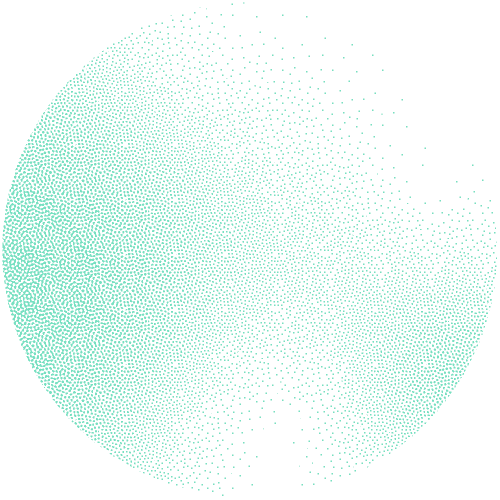ATGCCGGAATTGGCACATAACAAGTACTGCCTCGGTCCTTAAGCTGTATTGCACCATATGACGGATGCCGGAATTGGCACATAACAAGTAC
TGCCTCGGTCCTTAAGCTGTATTGCACCATATGACGGATGCCGGAATTGGCACATAACAACGGTCCTTAAGCTGTATTGCACCATATGACG
GATGCCGGAATTGGCACATAACAAGTACTGCCTCGGTCCTTAAGCTGTATTTCGGTCCTTAAGCTGTATTCCTTAACAACGGTCCTTAAGG
ATGCCGGAATTGGCACATAACAAGTACTGCCTCGGTCCTTAAGCTGTATTGCACCATATGACGGATGCCGGAATTGGCACATAACAAGTAC
TGCCTCGGTCCTTAAGCTGTATTGCACCATATGACGGATGCCGGAATTGGCACATAACAACGGTCCTTAAGCTGTATTGCACCATATGACG
GATGCCGGAATTGGCACATAACAAGTACTGCCTCGGTCCTTAAGCTGTATTTCGGTCCTTAAGCTGTATTCCTTAACAACGGTCCTTAAGG


Gene expression made useful easily: tools and database of Bgee (lectures) - now on YouTube



21 April 2020



For-profit: 300 CHF
The videos of the lectures can be found in the SIB YouTube channel.
Overview
This is a course on bioinformatics resources taught by the developers of the resources. Bgee is a curated database of gene expression in animals, including model species such as human, mouse or drosophila, and others such as primates or fishes. These data are available through a web interface and an R package. Bgee also includes tools which use these data, such as TopAnat or Expression Comparison, and allow integration with users own data.
In this course, we will present the curated and pre-analysed gene expression data in Bgee. We will also make use of the Bgee companion tools, Bgee’s online functionalities, and Bgee R packages to retrieve data and integrate them into one’s own workflow (e.g. RNA-seq analysis R script).
Audience
This course is target to any life scientists who would need to retrieve gene expression information or obtain expression-based knowledge on genes of interest.
Learning objectives
After the course, participants should be able to:
- Distinguish types of expression data and the added value of curation, annotation, and consistent analysis.
- Explain the steps of gene expression analysis.
- Retrieve precomputed gene expression data through the web.
- Obtain expert knowledge of the online tools of Bgee (run analyses knowing which options to use, what are the consequences of choices of data to put in, what is more or less reliable or powerful).
- Apply the Bgee R tools and their integration into own workflows.
- Analyse data from species or conditions absent from Bgee
- Interpret biological results obtained with Bgee and associated tools.
Prerequisites
Technical
This course will be streamed, you are thus required to have your own computer with an internet connection.
Schedule
9:00-12:15 CET time zone - Online lectures (Frédéric Bastian and Marc Robinson-Rechavi)
- 9:00-9:15 Welcome
- 9:15-10:00 Overview of Bgee
- 10.00-10:15 Questions and answers
- 10:15-11:00 Manipulating integrated data
- 11:00-11:15 Questions and answers
- 11:15-12:00 Manipulating processed data
- 12:00-12:15 Questions and answers
Venue and Time
This course will be streamed for registered participants.
The lectures will start at 9:00 and end around 12:15 CET. Precise information will be provided to the participants on due time.
Application
Attendance to lectures are free-of-charge, however registration is mandatory.
Deadline for registration is set to 20/04/2020.
You will be informed by email of your registration confirmation.
If you are interested to attend the lectures and practicals, apply here.
Additional information
Coordination: Patricia Palagi
You are welcome to register to the SIB courses mailing list to be informed of all future courses and workshops, as well as all important deadlines using the form here.
For more information, please contact training@sib.swiss.